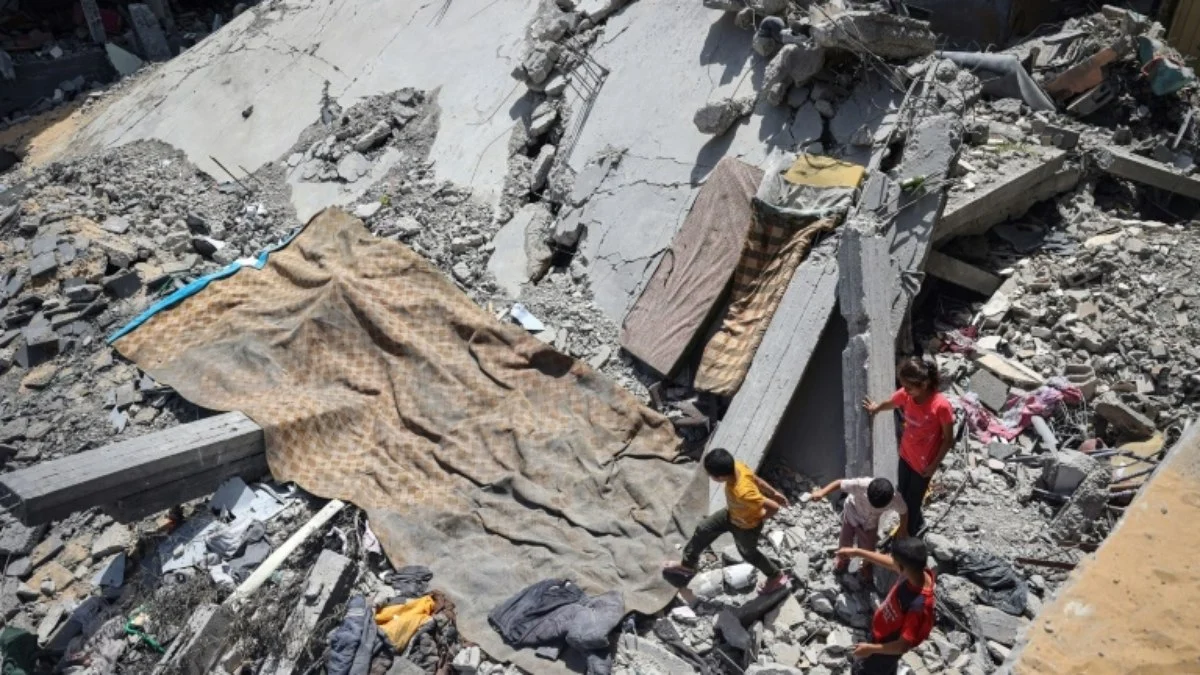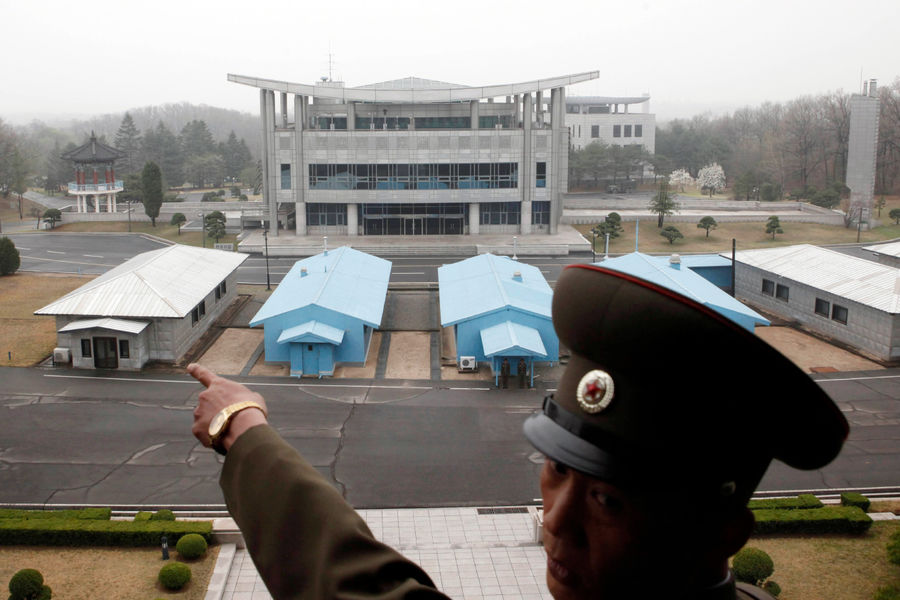On the 255th day of the conflict with Hamas in Gaza, Israeli Prime Minister Benjamin Netanyahu has taken a decisive step by dissolving the war cabinet. This specialized body, which included key members such as Defense Minister Yoav Gallant and National Security Adviser Tzachi Hanegbi, was formed in the aftermath of the October 7, 2023 Hamas attack to streamline military decision-making. The dissolution follows the resignation of centrist figure Benny Gantz, whose departure sparked a strategic reshuffle within the Israeli government. The war cabinet will be replaced by the National Security Council, which will now discuss and make decisions on military operations in Gaza. Additionally, Netanyahu has established a new consultative council, which will include a small number of key figures, excluding the ultranationalist partners who had previously sought inclusion such as Finance Minister Bezalel Smotrich and National Security Minister Itamar Ben-Gvir . Despite the political maneuvering, the humanitarian situation in Gaza remains dire. The Israeli army has announced a daily humanitarian pause to allow aid to reach those in need, although operations in Rafah will continue until Israel’s goals are achieved. The Palestinian death toll has risen to over 37,000, with tens of thousands injured and displaced. The U.S. has proposed a ceasefire, but terms have yet to be agreed upon by Israel and Hamas. Netanyahu’s critics accuse him of prolonging the war for political gain, while his supporters believe the government’s aim is to destroy Hamas. As tensions rise along the Lebanese border, the international community is closely watching the developments and their impact on the prospects for a ceasefire.
Key points
- Israeli PM Netanyahu dissolves war cabinet, shifts military decision-making to National Security Council.
- Humanitarian pause implemented in Gaza to aid civilians, while conflict continues.
- Over 37,000 Palestinians reported dead amid ongoing conflict, with ceasefire negotiations still in flux.



